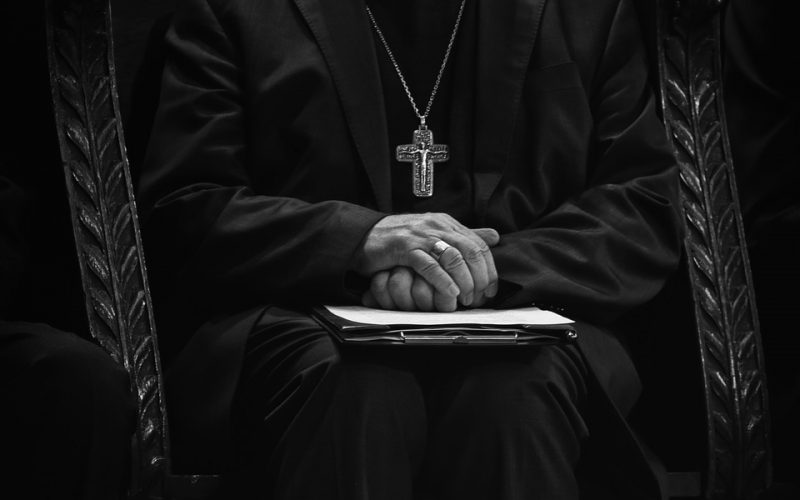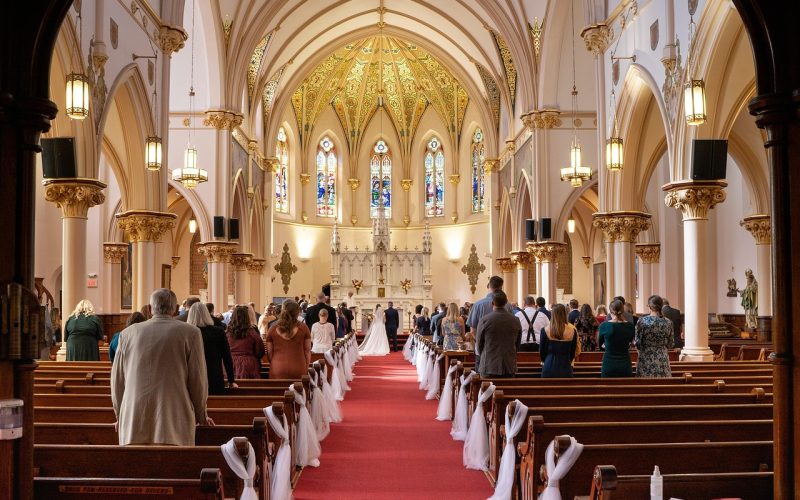Faith is often taken for granted by those who have been raised within a religious framework, but educating the young to believe takes a lot of effort. Parents are part of the solution, but they might not be able to answer every question their children raise. Rather than lose them to another religious belief, parents allow the church to take over their religious education. Classes for youngsters are held on a weekly basis, and the church provides the training for those who teach them.
There are many different levels in religious education, and most churches try to start educating the children of their members as early as possible. While formal classrooms are generally reserved for school aged children, there are games for those who are much younger. They are grouped together in a large play area, and the themes of the games are related to church doctrine.
Once a child is old enough to go to regular school, most churches hold regular classes. They are taught in a more formal setting, and the lessons are reinforced in several ways. Drawing or coloring pictures is part of the lesson plan, and answering written questions is done when they are old enough to read. Children are also taught to memorize important prayers, and they must be able to give an explanation of historical church events.
When a child is old enough, they are enrolled in confirmation classes. These are held to introduce them to the benefits of remaining within their religion, and they are educated in their responsibilities to the church. When they complete their classes, a confirmation ceremony or ritual is held, and they then confirm they will continue to remain with the church as adults. For many, the confirmation ceremony ends their formal spiritual lessons. Those who wish to know more about their faith will have to attend adult classes.


















